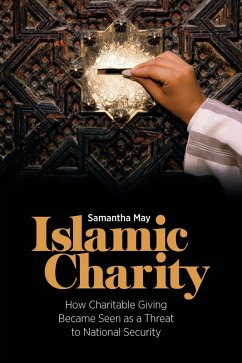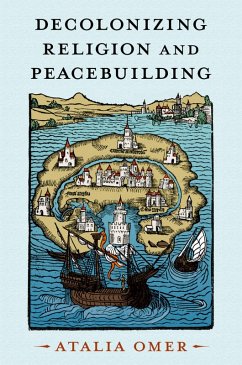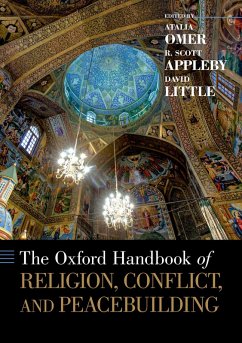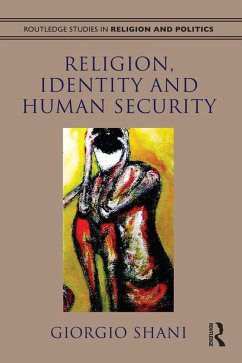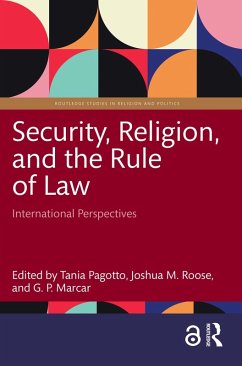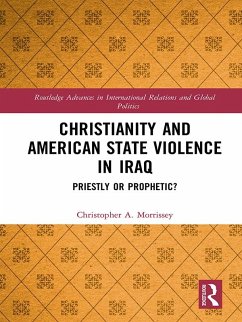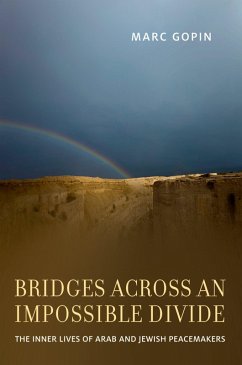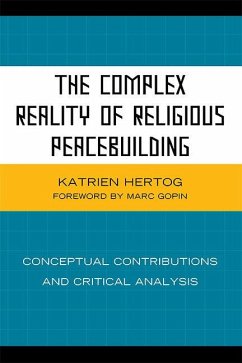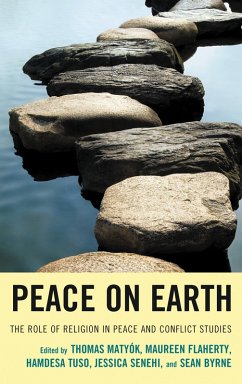
Decolonizing Religion and Peacebuilding (eBook, PDF)
Versandkostenfrei!
Sofort per Download lieferbar
15,95 €
inkl. MwSt.
Weitere Ausgaben:

PAYBACK Punkte
8 °P sammeln!
An investigation of what consolidating religion as a technology of peacebuilding and development does to people's accounts of their religious and cultural traditions and why interreligious peacebuilding entrenches colonial legacies in the present. Throughout the global south, local and international organizations are frequent participants in peacebuilding projects that focus on interreligious dialogue. Yet as Atalia Omer argues in Decolonizing Religion and Peacebuilding, the effects of their efforts are often perverse, reinforcing neocolonial practices and disempowering local religious actors....
An investigation of what consolidating religion as a technology of peacebuilding and development does to people's accounts of their religious and cultural traditions and why interreligious peacebuilding entrenches colonial legacies in the present. Throughout the global south, local and international organizations are frequent participants in peacebuilding projects that focus on interreligious dialogue. Yet as Atalia Omer argues in Decolonizing Religion and Peacebuilding, the effects of their efforts are often perverse, reinforcing neocolonial practices and disempowering local religious actors. Based on empirical research of inter and intra-religious peacebuilding practices in Kenya and the Philippines, Omer identifies two paradoxical findings: first, religious peacebuilding practices are both empowering and depoliticizing and, second, more doing of religion does not necessarily denote deeper or more critical religious literacy. Further, she shows that these religious actors generate decolonial openings regardless of how closed or open their religious communities are. Hence, religion's occasional usefulness in peacebuilding does not necessarily mean justice-oriented outcomes. The book not only uses decolonial and intersectional prisms to expose the entrenched and ongoing colonial dynamics operative in religion and the practices of peacebuilding and development in the global South, but it also speaks to decolonial theory through stories of transformation and survival.
Dieser Download kann aus rechtlichen Gründen nur mit Rechnungsadresse in A, B, BG, CY, CZ, D, DK, EW, E, FIN, F, GR, HR, H, IRL, I, LT, L, LR, M, NL, PL, P, R, S, SLO, SK ausgeliefert werden.




